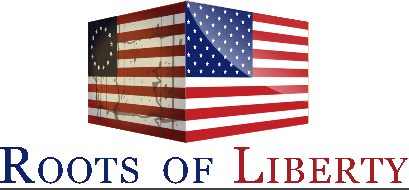

Contest Question:
Analyze one consequential presidential decision to determine to what extent, if any, the Constitution leads presidents to make good decisions.
To respond thoughtfully, read To Make Their Interests Coincide With Their Duty: How the Constitution Leads Public Officials to Make Good Decisions, and watch the 3 minute video linked here.
We encourage you to spend some time and think of a consequential decision on your own. Some examples of a consequential decision might include:
- President Jefferson’s decision to purchase Louisiana
- President Roosevelt’s internment of Americans of Japanese descent
- President Truman’s decision to use the atomic bomb
- President Nixon’s forcing of wage and price controls
- President Ford’s pardon of President Nixon
- President Carter’s decision to use the U.S. military over foreign oil
- President George W. Bush’s decision to invade Iraq
- President Obama’s orders to kill U.S. citizens with drone attacks
Successful responses will likely include references to the essay and to the Federalist Papers themselves. Responses will be evaluated on the following criteria:
- Content
- Comprehension of question
- Responsiveness to question
- Historical Accuracy
- Quality of Analysis
- Reference to contemporary issues
- Organization
- Style (spelling, grammar, syntax, vocabulary, etc.)
Your response should be approximately 500 words as submissions are limited to a maximum of 3250 characters.
Entries for this contest are no longer being accepted.
